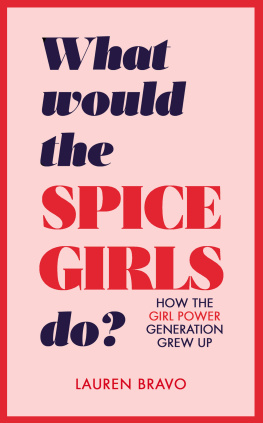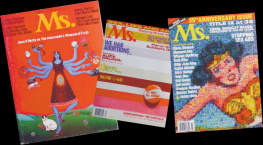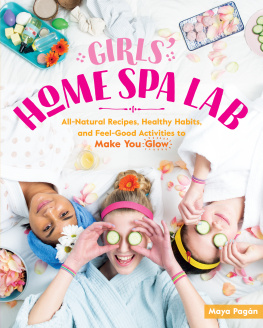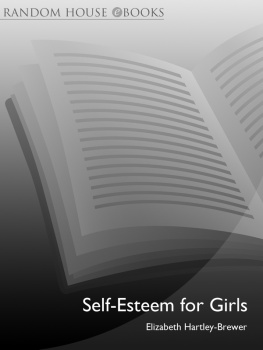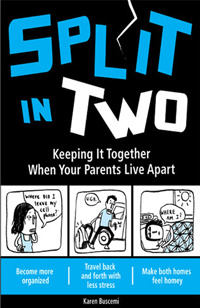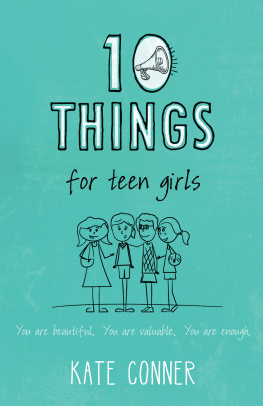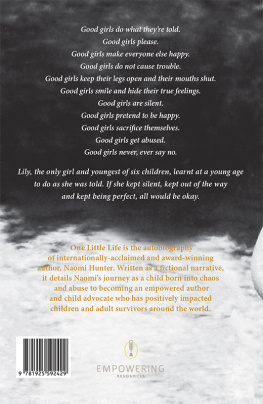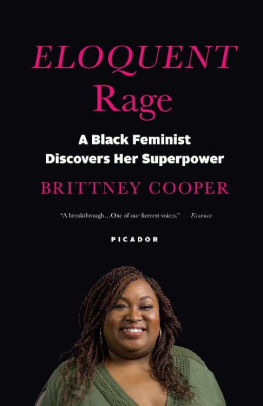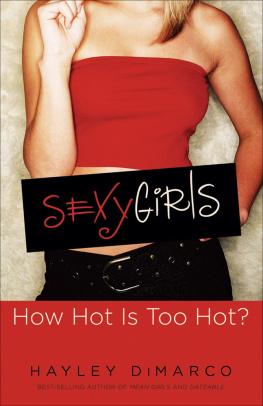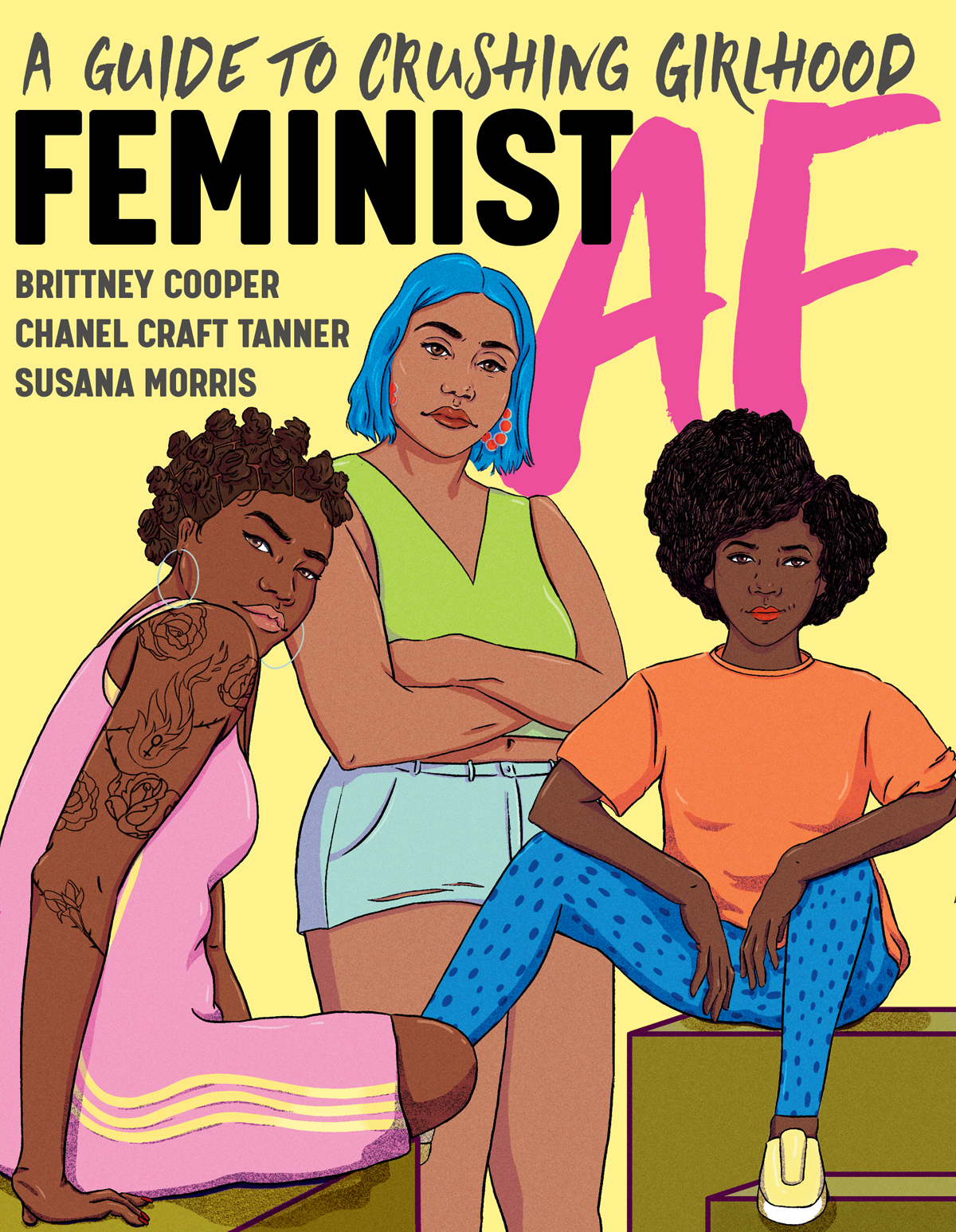Contents
Guide
Page List
FEMINIST AF
A GUIDE TO CRUSHING GIRLHOOD
BRITTNEY COOPER
CHANEL CRAFT TANNER
SUSANA MORRIS
NORTON YOUNG READERS
An Imprint of W. W. Norton & Company Independent Publishers Since 1923
For Tiana, Joseph, Naim, Cori, Cairo, and Asali, and all our little sisters and sibs everywhere
CONTENTS
FEMINIST AF
WHO IS THIS BOOK FOR?
W e wrote this book for all the girls who proudly rep the feminist flag but want to know how to live their feminism out loud. We packed it full of things you should know on your journey to feminism. It will help you grapple with friendships, bodies, family dynamics, emotional health, music, misogyny, racism, pop culture, and more. This book is for loud and rowdy girls (turn down for what?!), quiet and nerdy girls, girls who rock naturals, girls who wear weaves, outspoken girls, opinionated girls, girls still finding their voice, girls who are already feminists and girls who dont know what feminism is, queer girls, trans girls, and gender nonbinary young folks who want to make the world better and who need the insights feminism has to make it happen.
Everyone has something to say about girls. Theyre too thick, too sexual, too bossy, too quiet, too loud, too fast, too everything. Its all too much. How can you love yourself, be yourself, and advocate for yourself and others when everyone tries to make you feel like youre a problem? Well, were here to tell you that feminism can help you address almost any question that will shape your life. We wrote this book to give you tips, strategies, and resources, to show you what feminism looks like in real life, and to help answer many of the questions you may have on your road to crushing girlhood.
Questions like: How do you give yourself compassion and grace in a world that tells you youre not enough? How can you use feminism to build your confidence and leadership abilities? How do you stand up for yourself and own your power and your voice? And how do you deal with the burden of the expectation of Black girl resiliency while also celebrating #BlackGirlMagic? In the first section of this book, Me, Myself, and I, we show you how feminism can help you with self-love, self-confidence, and self-assurance, and offer you a notion of collective well-being.
Maybe your questions are about crushing beauty goals while feminist. You may be asking: What do you do when you dont like your natural hair, or when people wont stop talking about it? What is body positivity, and is it available to you as a trans girl when it seems the world demands you cant be who you are? How do you address colorism and beauty privilege in a family and culture that may prize fair-skinned women over those with darker skin tones? How do you dress and present yourself in ways that feel good to you? Our Beauty section has many of the answers youre looking for.
We know that family issues and expectations, friendships, and dating are also big deals for young women, so the What About Your Friends (and Family and Em)? section covers those issues. Youre getting older and as the relationship with your family changes, you may be wondering if feminism can help you navigate these new dynamics. How do you figure out which version of you is the real one, the one with your parents or the one with your friends? How do you actually date while feminist? And what about sex? Is feminist sex a thing? And how can feminism help you navigate some of the issues youre having with your homegirls and help you build meaningful friendships? We got you.
You may have heard of intersectionality but are wondering what it looks like to practice a feminist politics that includes all kinds of women. How does wealth inequality intersect with feminism? What if youre an immigrant or the child of immigrants, and you have all this cultural pressure to meet your parents expectations while feeling like you just dont fit in anywhere you go? How do you crush girlhood in the face of racism? How do you figure out the kind of physical and emotional intimacy you want to have with others while exploring your sexuality? No worries, we keep it real about classism, code-switching, white supremacy, and homophobia in Fight the Power, and then wrap it up with some final thoughts about how you can use your feminism to make a difference in the world.
We got you, little sis. Given all the noise it can be hard to figure out who you even are and what things you care about. Feminism can help you to clear out some of the clutter and figure out what things matter to you. Weve been there and we have some tips to help you crush girlhood, feminist-style. We love feminism, and we believe it offers you a world of possibilities when it comes to whats important to you and whats good for you.
A FEW KEY CONCEPTS
Before we go any further, there are a few concepts we need to go over, because they will come up quite frequently throughout the book.
Oppression
Oppression is a strong word, and we know it. But when folks with power and privilegeusually straight people, white folks, men, cisgender people, the rich, the First World, and the able-bodieduse their power to keep anybody who is not like them from winning, that is a system of oppression. By winning, we mean that they hoard access to good jobs, great schools, and safe neighborhoods, and create a world where those things are difficult to obtain if you arent white or rich. It is important to remember that we arent talking about anyone being an individual oppressor. We are talking about how the world is set up to work for people who fit into certain categories and to disadvantage those who dont.
Socialization
Gender is a social construct. Its not something that just happens naturally. From the time your parents throw a gender reveal party (I mean, its really a genital reveal, because you havent even gotten here yet, and you havent even chosen your gender yet!) or the moment they start painting the nursery in pink for girls and blue for boys, a gender story is being created that you are supposed to map onto your body. For a lot of people, the gender story mostly works. But for some people, the gender story doesnt work at all. They know it because something feels wrongnot with them, but with what other people are telling them about who they are.
For instance, we are told that girls are naturally more emotional than boys. If you have ever hung out with babies, you know that boy babies (or rather, babies that we think will grow up to be boys) have plenty of emotions. Emotions and feelings are not determined by genitals. In fact, not much is determined by genitals. Mostly, your genitalia tell us something about how your body might reproduce and how it might experience sexual pleasure. But those things dont tell us very much at all about what your gender should be or who you might someday like or fall in love with or have sex with.
When you fall in line with what is prescribed for your gender, you get rewarded. But what if you just cant make yourself do the things the script tells you to? What if youre a boy who plays dress-up, or youre a girl who prefers to play football? What if you can tell that your parents or grandparents or aunts and uncles and cousins are embarrassed by the things you feel comfortable doing? What if the kids in your class call you weird and avoid you, and the adults in your life start apologizing for your behavior? This is how the gender-socialization train starts. You are given models to follow, and when you dont, other kids and adults communicate that youre doing it wrong.


